Sustainable Cities: Challenges and Opportunities in Jakarta
By Jon Heggie
JAKARTA, Indonesia–Some of Indonesia’s foremost thought leaders on sustainability, energy and environment convened in Jakarta for “Sustainable Cities: Challenges and Opportunities in Jakarta,” a roundtable discussion on how we plan, create and manage the sustainable city of the future from an energy perspective.
The experts were invited by National Geographic and Shell, partners in the Great Energy Challenge, which has been sponsoring gatherings around the world to consider big energy questions. Taking a global view but with a focus on Jakarta and Indonesia, the forum in February 2015 addressed overarching themes of energy demand and reducing carbon emissions, while considering the role of smart planning, including the transformation of infrastructure and transportation and the adoption of new systems and technologies.
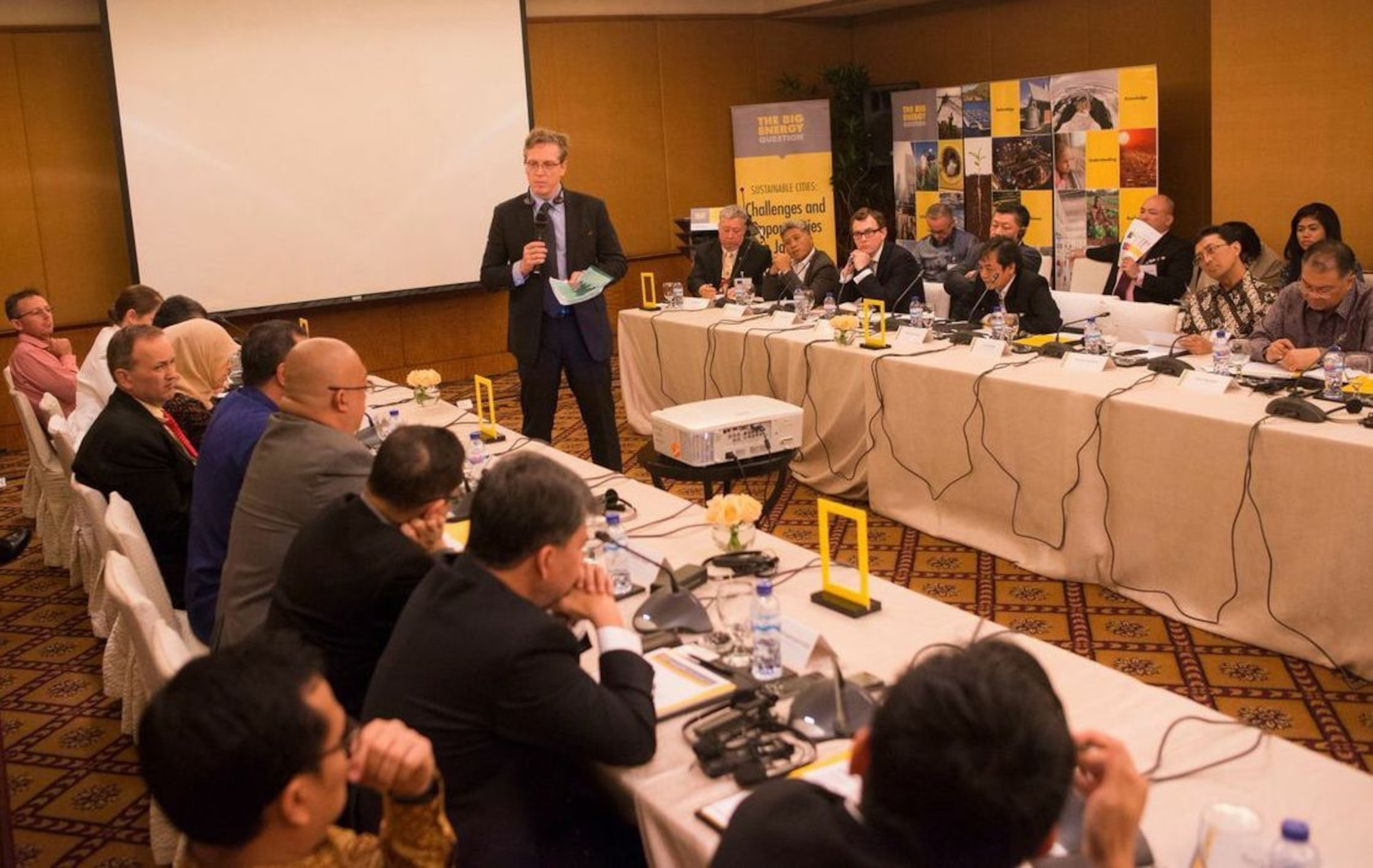
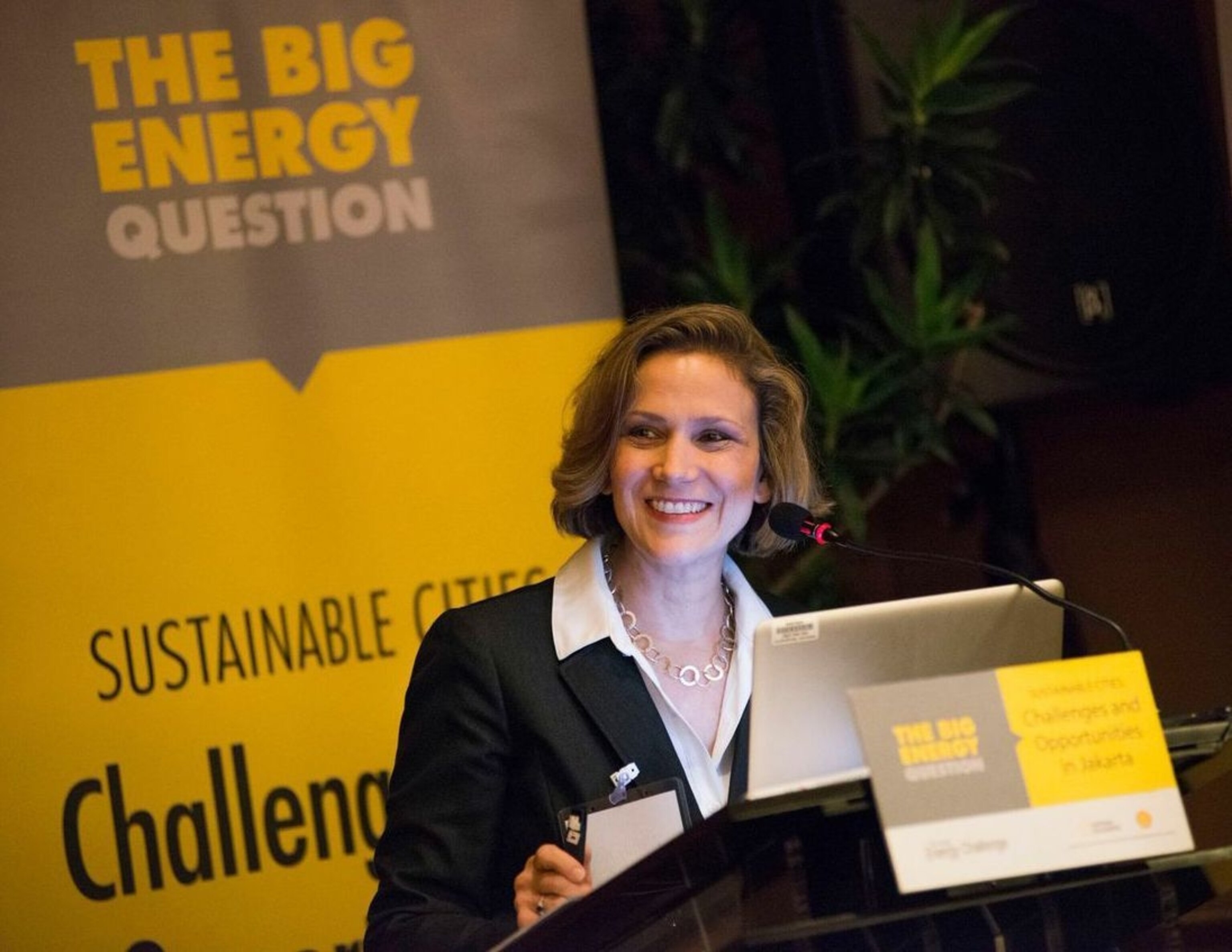
A global context for the discussion was provided by Wendy Koch, Senior Energy Editor, National Geographic. Koch explained that as the world’s population soars, Indonesia is expected to remain the world’s fourth most populous country, bringing increased demand for food and energy. With around 15 percent of Indonesians having no access to the electric grid, the country is racing to boost its power production. This is currently mostly based on coal—Indonesia is the world’s largest coal exporter—which is contributing to air pollution in Jakarta.
Koch noted that Jakarta is sinking and its flooding problems have led to the U.S.$40 billion Great Garuda project to build a taller sea wall. Koch also referenced the construction of the Net Zero 99-story Pertamina Energy Tower, which opens up to the sky with a wind tunnel.
Koch highlighted that Indonesia has enormous geothermal potential and has introduced a new geothermal law to spur development. However, Indonesia is still a net importer of oil, raising the question of whether falling global oil prices and reduced gasoline subsidies will provide the financial savings to enable Indonesia to invest in alternate energy sources.
Moderator, Clay Chandler, with the Barrenrock Group, then launched the forum, guiding the discussion with a number of questions:
- What are the biggest energy issues facing Indonesia’s cities?
- How do we power Indonesia’s cities of the future?
- How do we meet growing energy demand with an eye for the environment?
- How do we develop resilient cities adaptive to the impacts of climate change?
- How can Jakarta manage the impact of urban sprawl?
- What’s next for improving transport efficiencies in Indonesia’s cities?
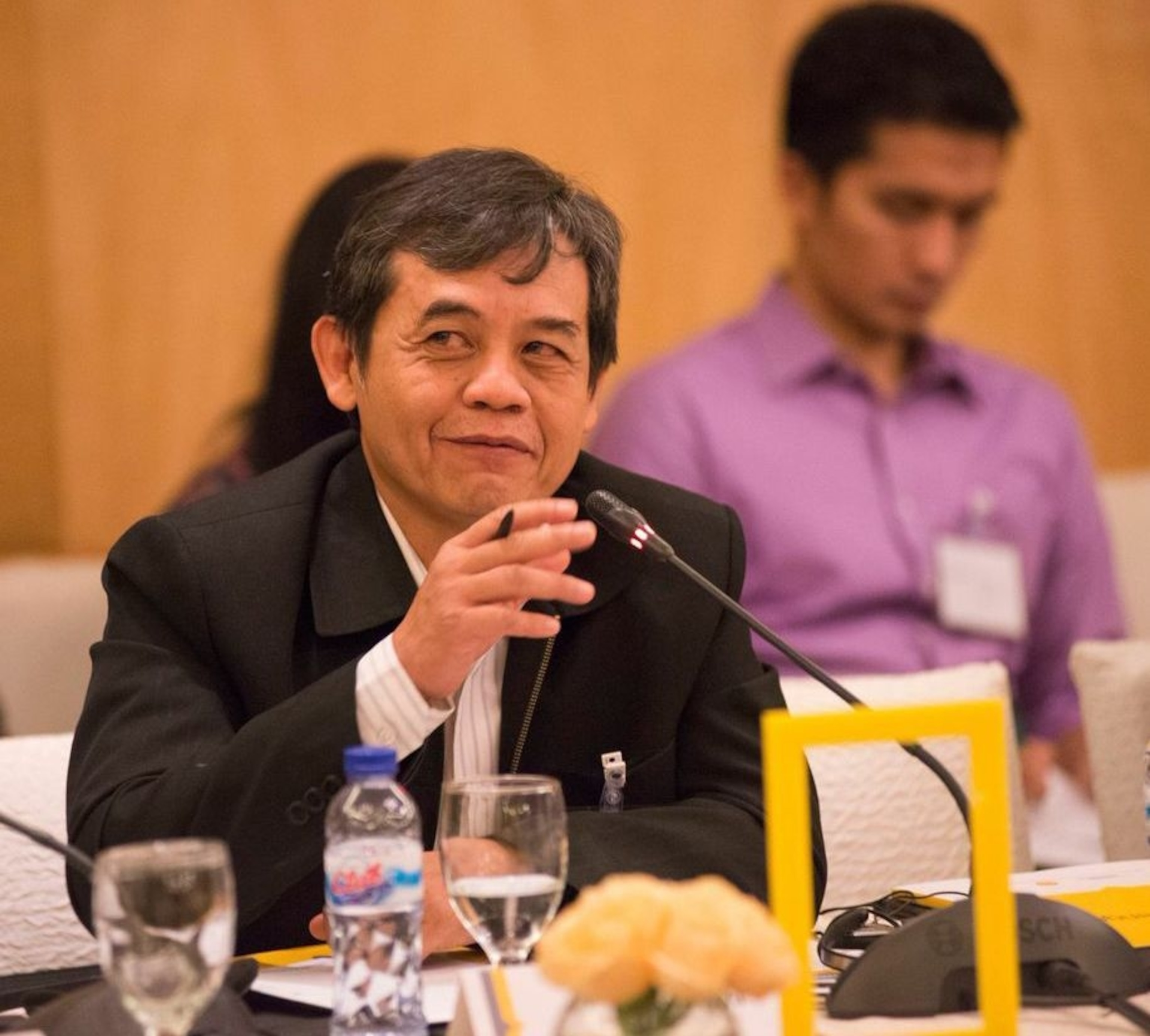
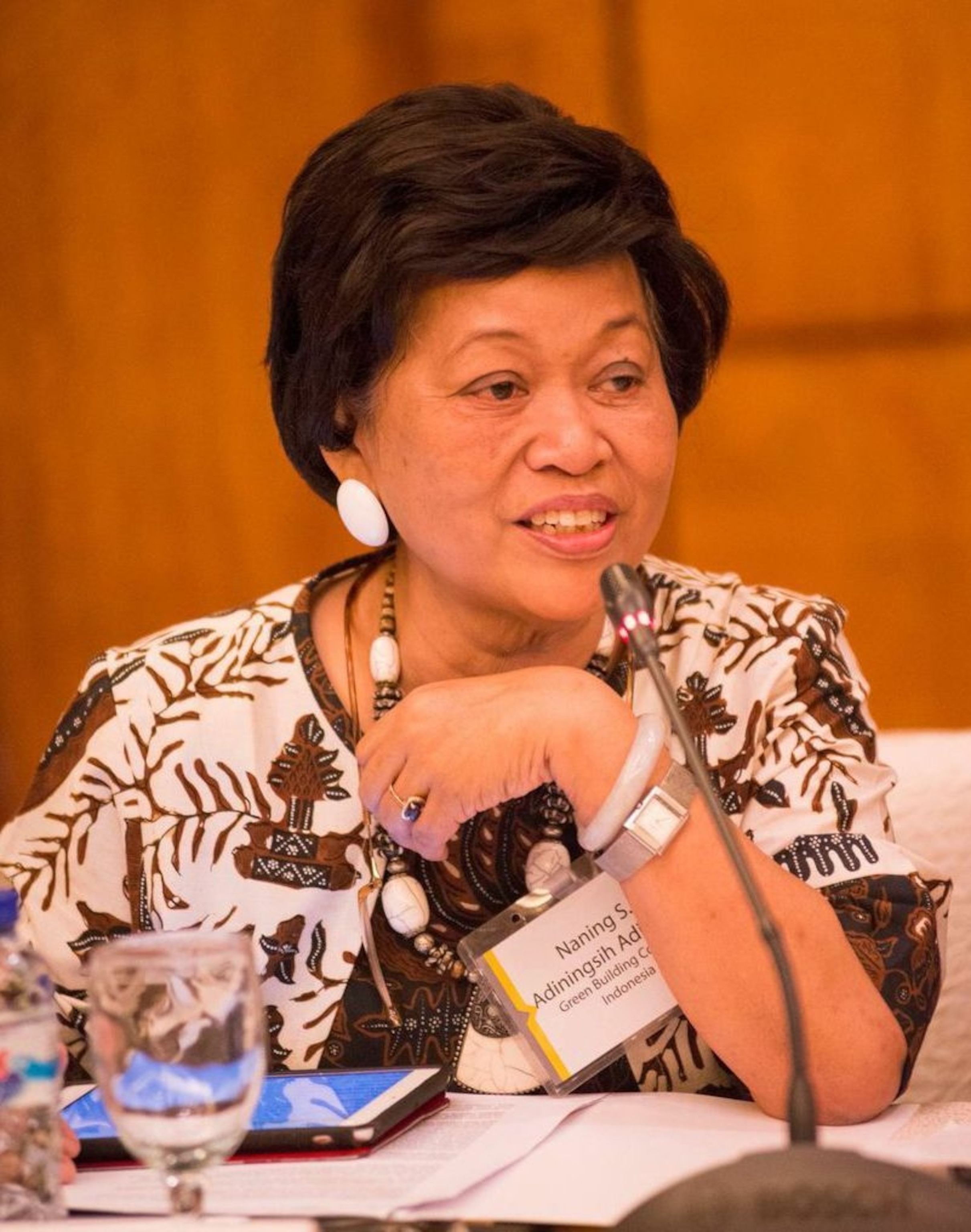
Key challenges surfaced during the roundtable discussion included the need to address gridlock wasting time and energy, and the need to electrify several thousand islands. Among the solutions discussed were establishing trust in government and reducing subsidies for petrol and perhaps electricity as a spur to greater energy efficiency and green buildings. Other ideas include increasing government funding for basic infrastructure, better city design and better land use being really the key for limiting greenhouse gas emissions.
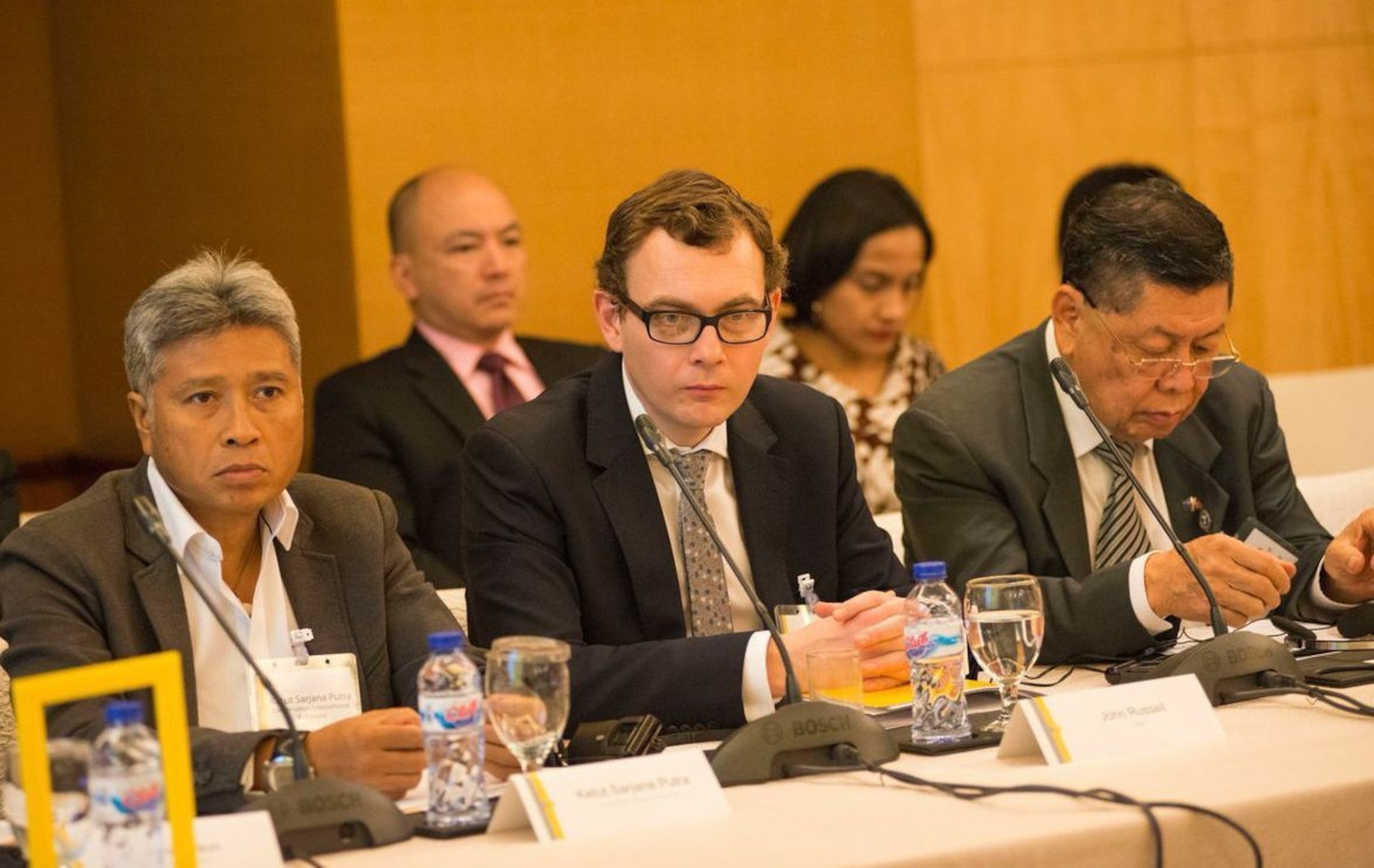
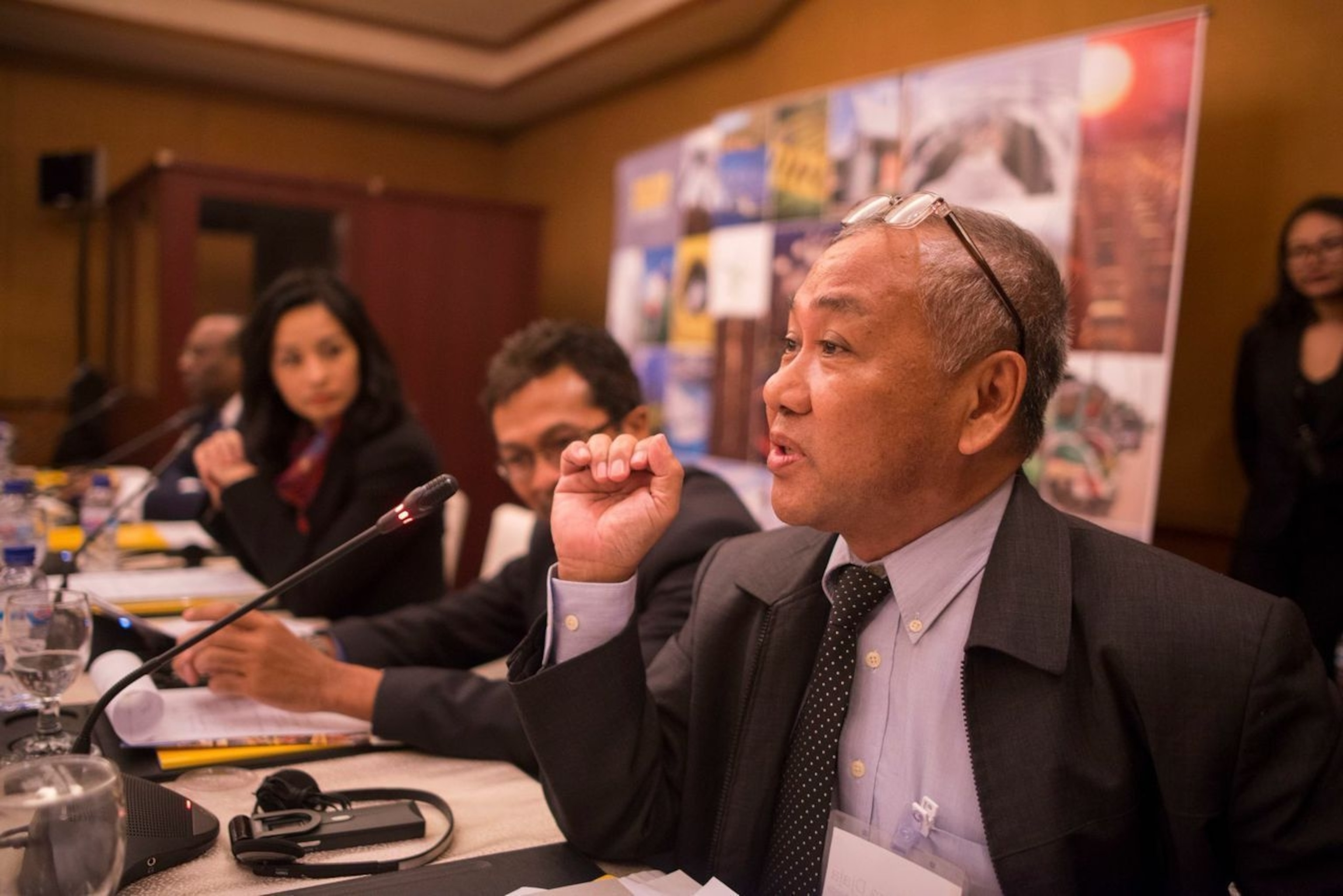
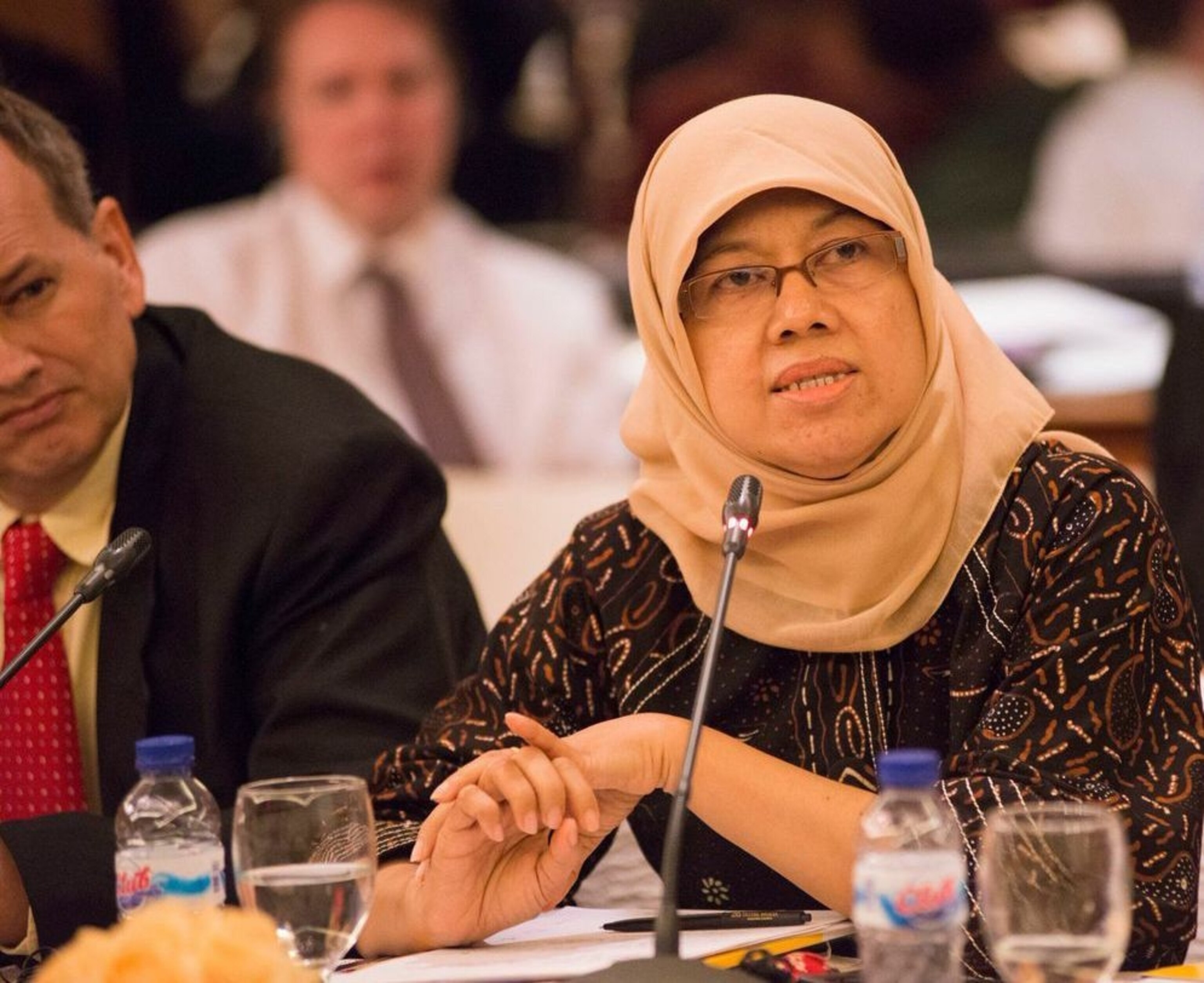
Unique Challenge
Indonesia faces the unique challenge of having a projected 300 million people dispersed across thousands of islands. This complicates energy supply and infrastructure, further exacerbated by a particular vulnerability to natural disaster. The rapid growth of its cities, especially medium-size cities, sees projections of 75 percent of the population concentrated in urban areas by 2030. Cities already produce up to 60 percent of Indonesia’s GDP so city planning is crucial.
However, the country’s cities are poorly designed, with aging and inadequate infrastructure and major inefficiencies. There is large-scale development without regard for the environment, including extensive urban sprawl: 40 percent of Indonesians describe their city as unlivable. Better city design can foster good habits, such as using public transport, but this relies on successfully implementing sustainable action, and requires greater collaboration between public and private sectors—with the latter driving development especially in creating green and smart cities. There is widespread public distrust of government and business following years of mismanagement; however, the new government is addressing this positively.
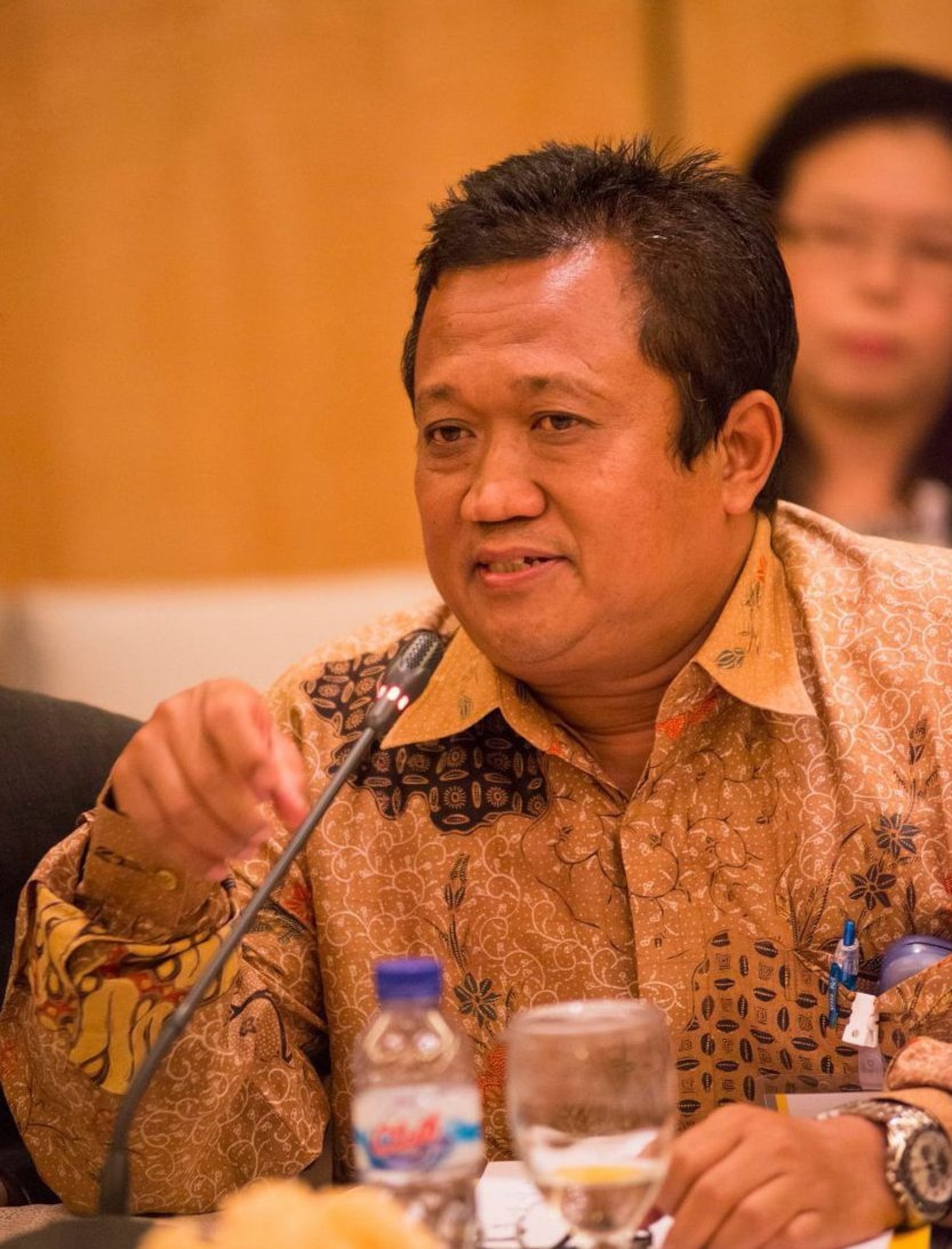
One bold move is the reduction and removal of fuel subsidies in place for decades and worth 2.5 percent of GDP. The low price of petrol and electricity has led to energy not being valued by consumers and so widespread waste is endemic. Education and trust are central to solving this. There are varied suggestions of what should replace subsidies, including following the market price, limited targeted subsidies, and a fixed price system. There are calls to protect the poorest consumers from sudden change, including using the estimated U.S.$10-30 billion saved to improve public health thereby improving productivity and income.
Strong arguments were also made for infrastructure investment, both in energy to connect the 15 percent of Indonesians without electricity, and in transport where gridlock looms by 2020 and congestion costs billions of U.S. dollars and is hampering economic growth.
Increased urbanization is contributing to an annual 8-9 percent increase in energy demand, which is not being met. The government plans to add 35GW, around 300 power plants, to the nation’s capacity, but transmission challenges across the archipelago makes localized solutions essential. These would largely be fossil-fuel based, and may tap into Indonesia’s vast supply of coal.
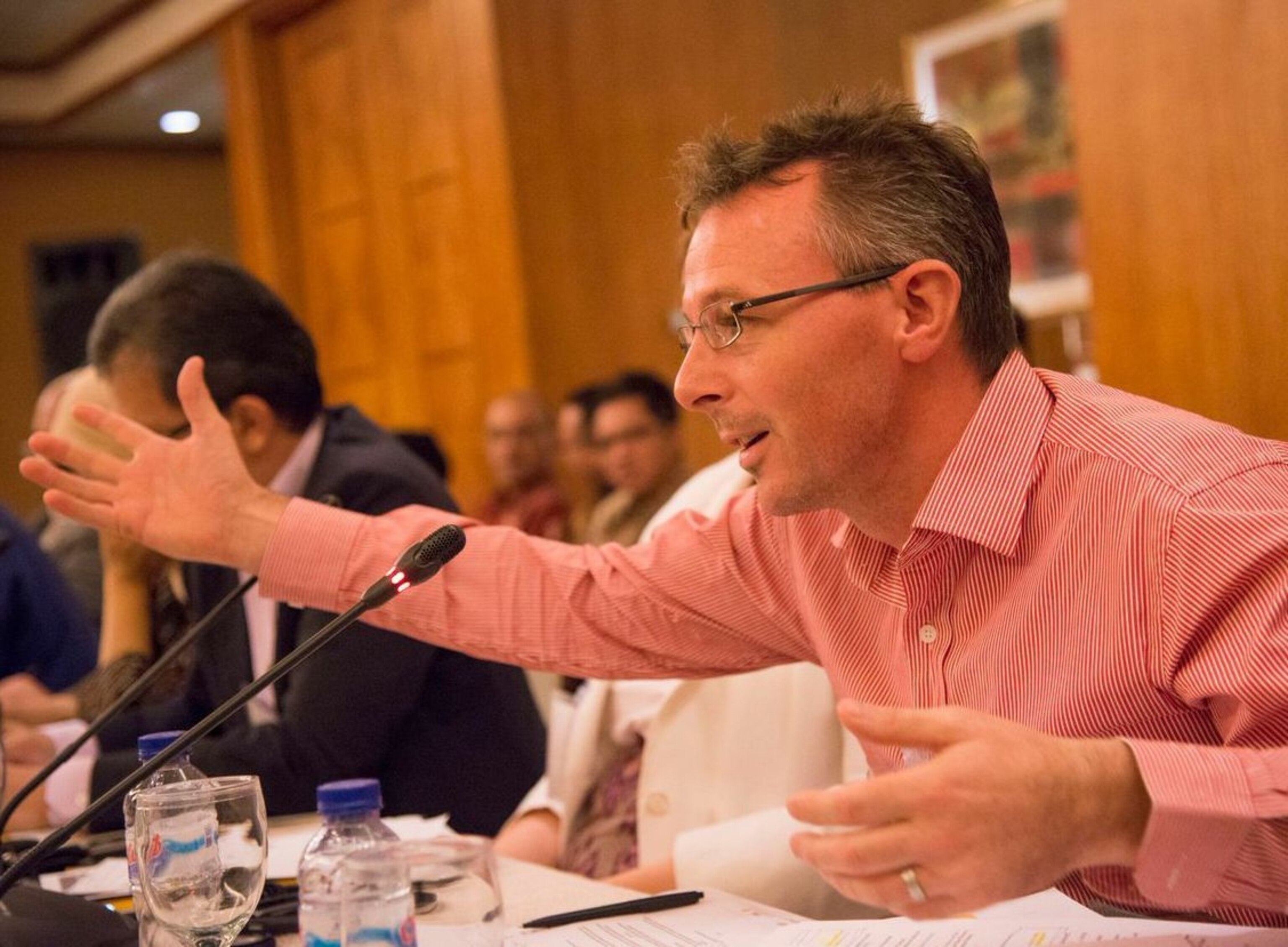
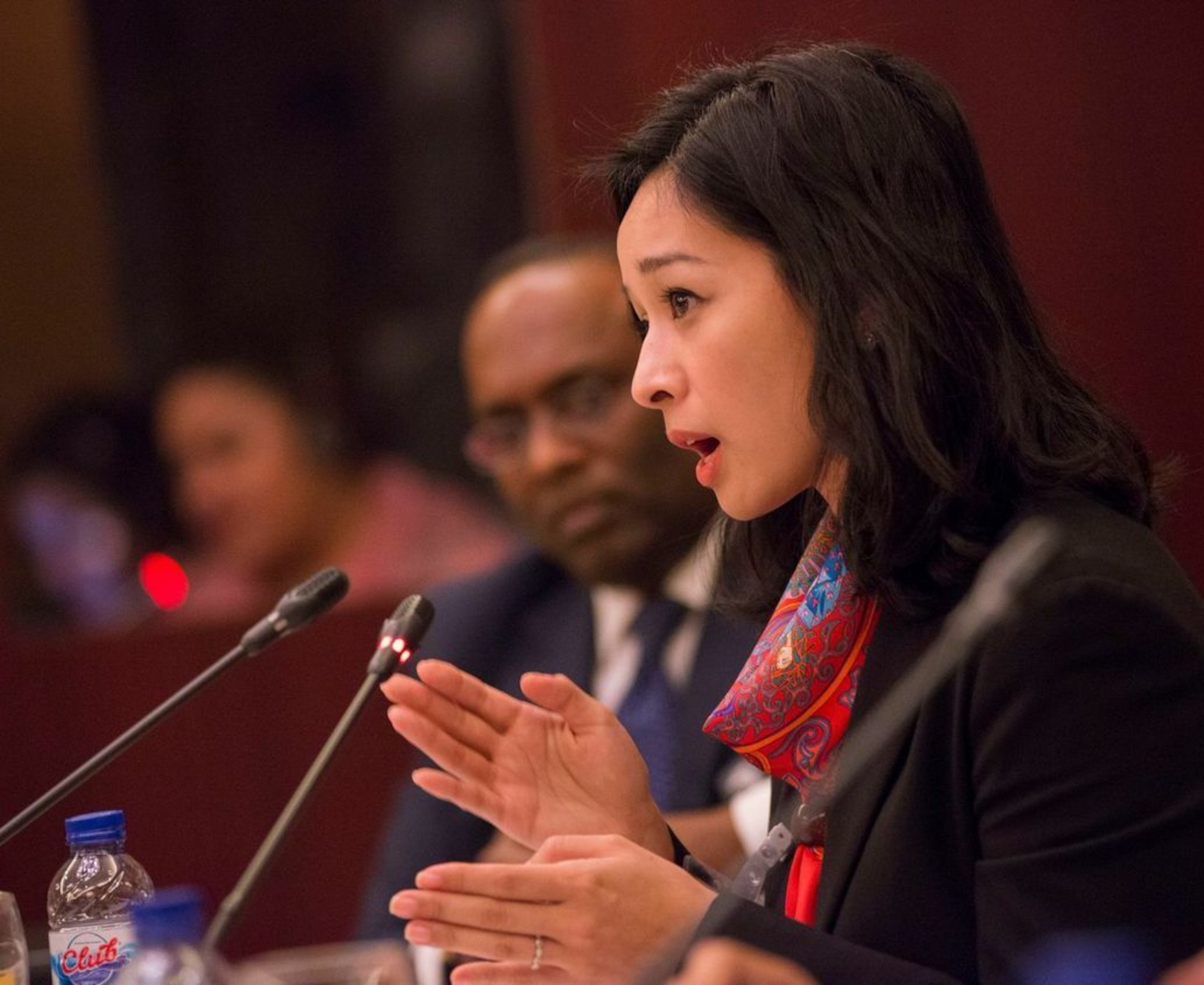
Solar and hydro projects are being contemplated, and Indonesia has a huge geothermal potential of which only 3 percent is currently exploited. However, it was suggested that renewables could not meet Indonesia’s demand quickly enough and so fossil fuels will dominate the next 10-15 years.
Nor does national energy policy promote renewables and there is a track record of poor maintenance of power projects. Improvements are urgently needed to increase sustainability and minimize bureaucracy. This could be supported by a major government initiative to improve broadband infrastructure, an essential component of the smart grid, and beyond that the smart city.
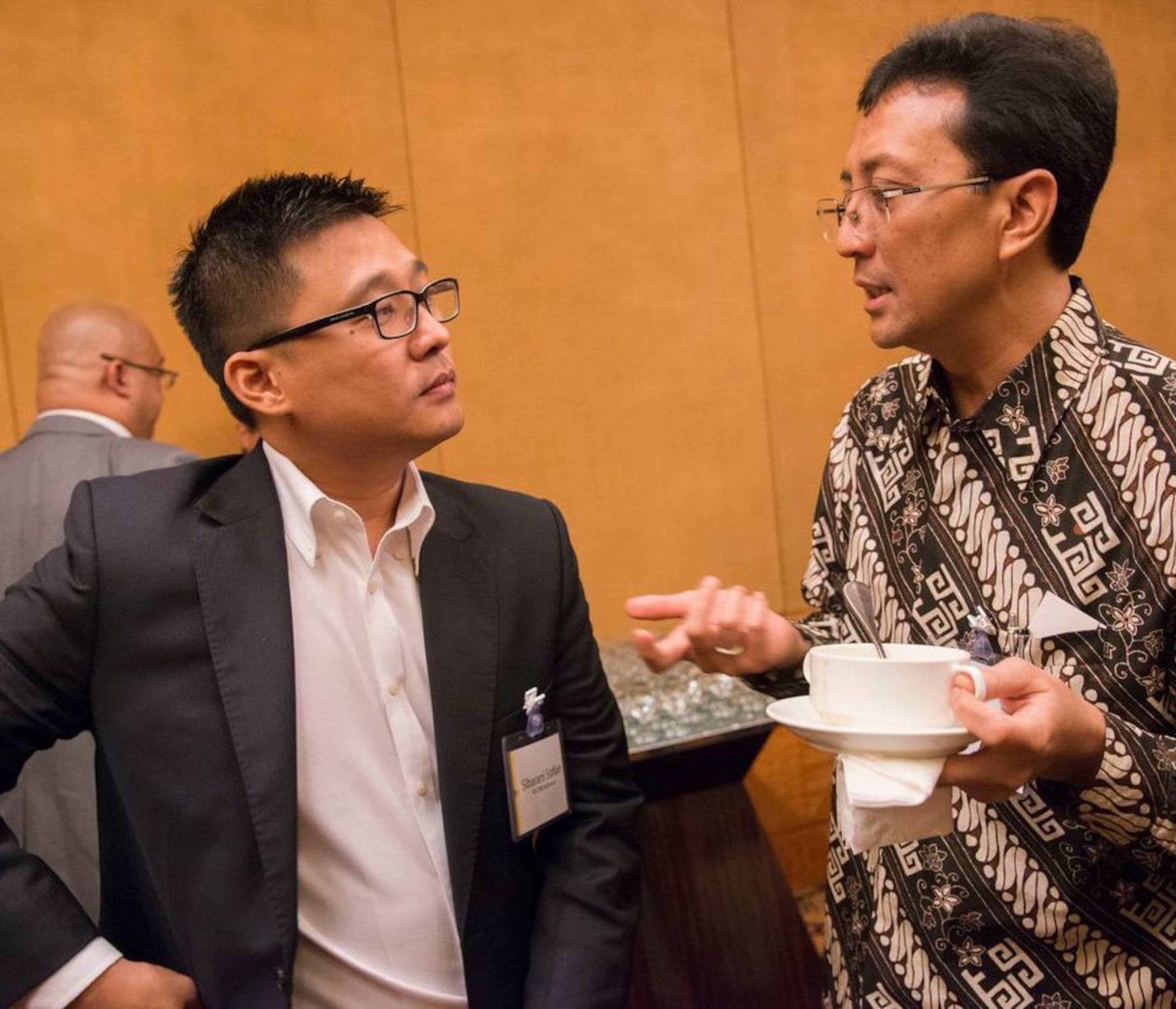
Expert Interviews
Go here to watch experts from the Jakarta event discuss their perspectives on issues related to sustainable city development in Indonesia.
Check Back Soon
The complete event summary publication from our Big Energy Question forum in Jakarta will be available for download soon. Be sure to check back here for more details and updates.
Great Energy Challenge Indonesia Coverage
Read more about energy and Indonesia through our recent Great Energy Challenge stories and blogs below.
- How Geothermal Could Cleanly Power the Planet: Indonesia’s Tale
- The Value of Sugar Palm in Indonesia
- World’s 10 Most Sustainable Cities? Hint: Not Fast-Growing Jakarta or Delhi
Participants in the Jakarta Big Energy Question Discussion
NANING S. ADININGSIH ADIWOSO, Chairperson, Green Building Council Indonesia (GBC Indonesia)
DONO BOESTAMI, President Director, PT MRT Jakarta
DAVID BRAUN, Director, Digital Outreach, National Geographic
KOEN BROERSMA, Project Manager Urban Water, Royal HaskoningDHV
CLAY CHANDLER, Managing Director, The Barrenrock Group
TORY DAMANTORO, Environment Transport Policy Specialist, Indonesia Transport Society
SUYONO DIKUN, Member, Executive Board, Center for Sustainable Infrastructure Development and Professor, Transport and Infrastructure Management, University of Indonesia
KOMARA DJAJA, Head, Graduate Program in Urban Studies and Chairman, Urban and Regional Research Center, Graduate Program of Multidisciplinary Studies, University of Indonesia
BERNARDUS DJONOPUTRO, President, Indonesian Assoc. of Urban and Regional Planners and Managing Director, HD Asia Advisory
RACHMAT SUGANDI HAMDANI, Executive Director, Indonesian Institute for Energy Economics (IIEE)
UTAMA KAJO, Chairman, Standing Committee on Land Use and Land Title Utilization, Chamber of Commerce and Industry Indonesia (KADIN) and Vice Chairman, Transparency International Indonesia
RAJ KANNAN, Managing Director, Tusk Advisory
ASHLEY KING, Environment Officer, USAID Indonesia
WENDY KOCH, Senior Energy Editor, National Geographic
AMY LONG, Business Innovation Manager, Shell
MORAY MCLEISH, Director and Technical Advisor, Sustainability and Climate Change, PwC Indonesia
ANDRIAH FEBY MISNA, Deputy Director, Technical Guidance and Energy Efficiency Cooperation, Directorate of Energy Conservation, Directorate General of New Energy, Renewable and Energy Conservation, Ministry of Energy and Mineral Resources
HANAN NUGROHO, Senior Planner, National Development Planning Agency (BAPPENAS)
DANNY PRADITYA, President Director, PGN Gagas
WIDHYAWAN PRAWIRAATMADJA, Special Advisor to Minister and Head, Performance Management Unit, Ministry of Energy and Mineral Resources
KETUT SARJANA PUTRA, Vice President, Conservation International Indonesia
I MADE RO SAKYA, Head, System Planning Division, PLN
JOHN RUSSELL, Global Manager, City Development Project, Shell
WIDITA SARDJONO, Partner, Global Business Services, PT IBM Indonesia
SIBARANI SOFIAN, ST., MUDD, Executive Director, Building + Places, AECOM Indonesia
THOMAS SUHARTANTO, Vice President, Strategic Planning and Business Development, New & Renewable Energy Directorate, PT Pertamina (Persero)
NUGROHO TRI UTOMO, Director of Housing and Settlements, National Development Planning Agency (BAPPENAS)
JAN VAN REES, ICT Consultant, World Bank
DARWINA WIDJAJANTI, Consultant, Capacity Building for Sustainability
WAYAH WIROTO, Market Development Director, GE Indonesia
Related Big Energy Question Posts
- Clearing the Air? Challenges and Opportunities in India
- In Sao Paulo, Experts Eye the Future for Brazil’s Energy Mix
- Sustainable Cities: Challenges and Opportunities in Japan
- In British Columbia, Mulling the Role of Natural Gas in a Sustainable Energy Future
- Powering Our Urban Future: Spotlight on Turkey
- Forum on Arctic ‘Science of Change’ Focuses on Decisions at the Top of the World
- Biofuels at a Crossroads Forum Probes Key Climate Change Question